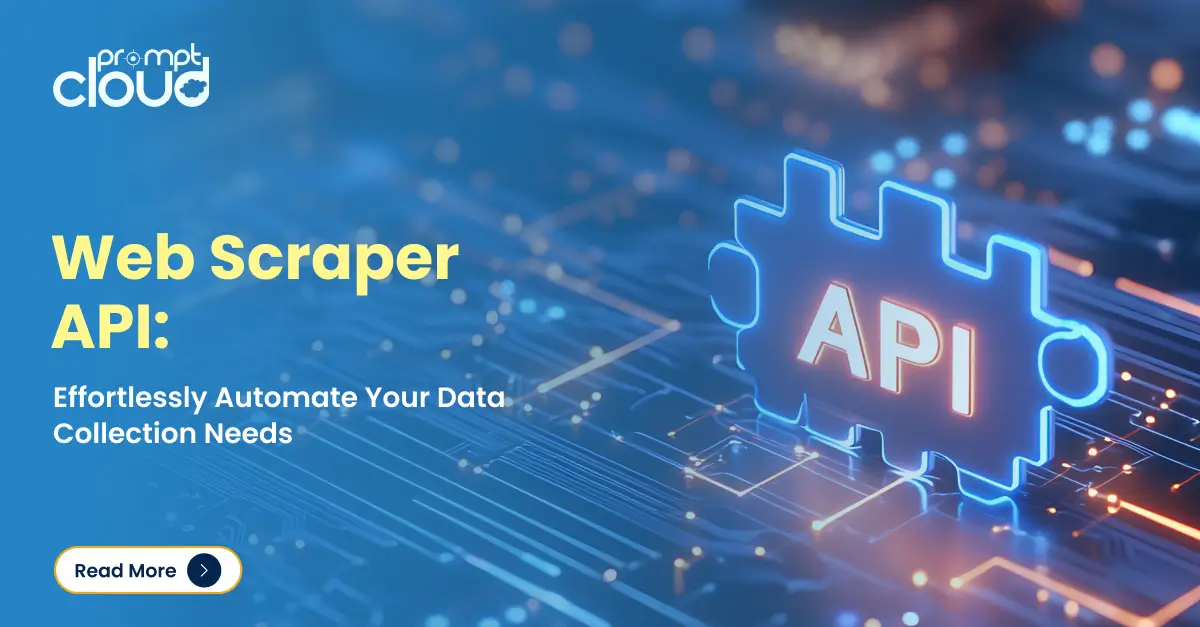Data extraction is an important part of any project, it’s worth checking out the top 10 data extraction tools in order to find one that suits your needs. Data extraction can be for a variety of purposes such as database cleanup, converting files to different formats, and extracting content from PDFs.
This blog post will cover some of the best options available so you can make a more educated decision when deciding on which tool to use for your next project.
What is Data extraction?
Before we begin, let’s first define what data extraction is:
Data extraction is the process of pulling specific information from a larger source such as a document or database. Many online companies rely on automated data extraction tools to pull images, product listings, and other helpful information from websites for easier management and storage.
Data extraction can be a time-consuming project if done manually, so why not invest in some of the best free and paid software available to make this job much easier?

How does Data extraction work?
Data extraction is a multi-step process that involves searching for relevant information within the target data. Once you find the correct information in your source data, it can be exported to the desired format.
Data extraction tools can come in handy when extracting information from: Text documents such as PDFs or Word Documents Spreadsheets like Excel or CSV Web Pages that contain the data you’re looking for (e.g. an online shop with product details).
If you are unsure of how to use the data extraction tool or what it is capable of, we recommend that you check out our tutorials and knowledge base.
Structured Data extraction:
Structured data is information that can easily be categorized and organized. This type of data consists of tables or fields, as seen in databases and spreadsheets. Structured data extraction tools are designed to extract structured content from an input source such as a webpage or spreadsheet.”
Unstructured Data Extraction:
“Unstructured data is information that lacks any sort of organization or categorization. The most common example of unstructured data that you will come across is free-form text, such as blog posts and documents.”
Unstructured data extraction tools are very useful when extracting information from unorganized sources like blogs, articles, or videos.
There are a variety of different tools available to do each type of data extraction, but not every tool is capable of performing both to the same standard.
Common issues faced during data extraction projects:
Being able to find the correct data in a source document can be difficult, especially when it comes to unstructured data. This is why investing in a powerful and reliable extraction tool (one that has been tried and tested by thousands of users) will save you lots of time and effort.
Some common issues that can occur during the data extraction process include:
Finding the correct data is a time-consuming task. If done manually, it can lead to many hours of wasted effort due to wrong or irrelevant content being extracted from the source document. Data quality issues such as typos, inconsistencies, and incorrect formatting can lead to errors during data analysis stages in your project. Once again, this is why investing in a powerful tool to do the work of data extraction for you is crucial.
Top 15 Data Extraction tools
Promptcloud:
PromptCloud is a leading web scraping service for enterprises, meeting external data requirements across industries with customized crawling. Promptcloud is a very powerful and intuitive data extraction tool as it offers a one-click solution to extracting data.
Promptcloud is available on the cloud so you don’t need to download or install any software, this can help save time if you want to extract lots of data from different sources.
Import.io :
Import.io is a data extraction tool that is especially good for extracting structured data from websites. It enables you to quickly extract and structure website data and can be easily integrated with existing web pages, plugins or databases.”
“Most commonly used by: Web developers, SEOs, marketeers & journalists.”
“Price: From $0 to $495
Octoparse
Octoparse is a Google-powered data extraction tool that enables you to quickly export data from websites. It can easily be integrated with Excel or databases, and you can even use it to automate your business processes.”
Most commonly used by: Business analysts & online marketers
Price: From $0 to $499
Web Scraper
A very useful tool for extracting structured data from websites, Web Scraper is free to download and comes with a basic free plan. It can be implemented in a number of ways: via an API, desktop app or through the use of Google Sheets.” Most commonly used by: Marketers & coders Price: From $0 to $695
Web Data Extractor
A simple yet powerful data extraction tool that enables you to extract data from web pages, email addresses, and files. It even allows you to integrate its system with your own databases for double the power.”
Price: From $15 to $2995
Extract All data
“Extract All Data * is a free tool that enables you to extract data from websites such as Facebook pages, eBay listings, Google searches, and more.”
“It has a strong accuracy rate and it’s easy to use as all you have to do is enter the keywords.
Price: Free!”
ParseHub
“ParseHub enables you to extract data from websites instantly and then export it to a CSV file, Google Sheet, or GeoJSON so that your data can be used in your own applications.”
Most commonly used by: Developers Price: From $49.99
SimilarWeb API
“With the SimilarWeb API, you can extract data from websites about their traffic, engagement, backlinks, and more.”
“It’s fully open and free to use so once you sign up you can start extracting data in no time. SimilarWeb is a must-have tool for any SEO campaign as it enables you to track your competitor’s website information such as: how many visitors they get monthly, what keywords they rank for, and more.
Price: Free!
Mailparser
Mailparser enables you to extract email addresses from websites so that you can reach out to your website visitors and convert them into leads. It also allows you to bounce emails from a list as well as get the name of someone who doesn’t exist at the company.” Most commonly used by: Marketers.
Outwit Hub
Outwit Hub is a powerful data extraction tool that enables you to extract any information from websites via web scraping. With it, you are able to export your data in JSON or HTML on the fly.” Most commonly used by: Web developers & marketers
Price: From €39 to €499 (overtime)
Docparser
Docparser is a free web data extraction tool that empowers you to extract information from websites and files in various formats such as PDF, DOCX, XLSX, HTML, and more.” Most commonly used by: Web developers & marketers.
Price: Free!
Mozenda
Mozenda is a free web data extraction tool that can be integrated with your applications.”
Most commonly used by: Web developers & online marketers.
Price: Free!
Table Capture:
Table Capture is a free web data extraction tool that allows you to extract information from websites into a spreadsheet. It can be used by multiple users and it is often the easiest way for SEOs to collect their data in bulk.”
Apify
Apify is a free web data extraction tool that enables you to extract structured information from websites. You can then integrate the extracted data into your own systems to create useful applications.” Most commonly used by: Web developers & online marketers Price: Free!
Conclusion:
The data extraction tools we’ve reviewed today can be used to extract information from web pages, social media, databases, and more. We hope this list has given you a good start on the best data extraction software options for your company’s needs. Which one are you going to go with? Let us know in the comments below!




















